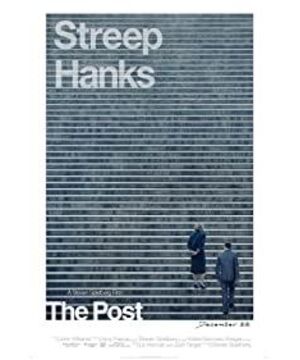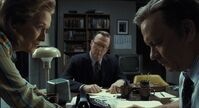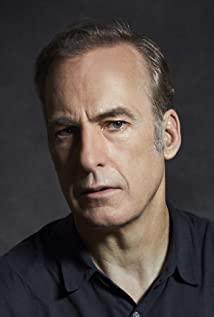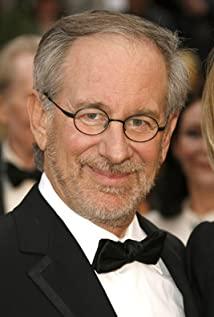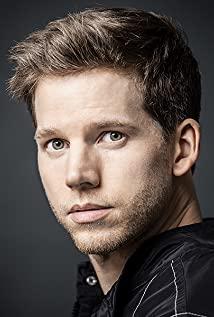The chaotic and frantic era hopes for changes in all aspects, and the politics and wars of the era also attract urgent expressions. At the moment, the ordinary heroes in the movie need to be bolded and enlarged again, and confront the power with the most prominent posture, and Steven Spielberg’s hero shaping is also becoming more mature. The Washington Post (The Post) , 2017) are enough to rekindle the fire of struggle.
The early heroes of Spielberg’s work were established in a single, unrestrained reconstruction of suffering, whether it was the display of Nazi atrocities in "Schindler's List" (1993) or "Saving Private Ryan" ( Saving Private Ryan, 1998) is the real horror of the bullet rain. Spielberg puts this kind of suffering at the center. Of course, his dispatching ability declared victory, but his heroes had to because of this. This lack of restraint makes rescue trapped in the sea of suffering, and the audience can only float on it. However, the opening scene of the "Washington Post" freely broke through this restraint: the opening scene is still the nightmare like "Saving Private Ryan", and it only took us three minutes to feel the real empathy with the soldiers. This is the background. Interpretation is also the emotional starting point for the struggle and contradictions of the characters in the film, and then the story really begins, a story that no longer simply presents suffering and wins superficial empathy.
The grand narrative in the earlier Spielberg films mentioned above has slowly evaporated in his recent creations. He no longer emphasizes greatness and how to create a sense of the times in narrative processing, and how to make most audiences empathize ("Xin The processing and the sensationalism of the lines at the end of "Deler's List"), until "Lincoln" (Lincoln, 2012), this feeling of presenting grandeur with grandeur has completely disappeared. Similarly, in the "Washington Post" incident, the process of dealings and inner struggles between the characters becomes the real first protagonist, minimizing all the plots that do not need to be magnified (such as the most important court scene that seems to be omitted and not filmed, if In the past, he might have taken a lot of shots). His multi-faceted sorting of events and the presentation of details firmly supported his heroes, and because of his calm attention and rational focus, his film texture is closer to the reality. The spirit of struggle is more credible, and the praise of feminism and freedom of the press can truly inspire people in those sensational moments!
Film can be a weapon of struggle, but it is also an audio-visual expression after all. It directly affects our senses and determines the depth that we can reach through the creation of the director. In addition to the aforementioned expansion of perspective and the change of narrative direction, its excellence lies in its highly character-conscious mirroring. The motion of the mirror in the movie is almost as if breathing with the characters, sometimes fragile and sometimes gentle: when Streep’s bedside confession was taken, the zoom was so slow that it was almost impossible to detect it, and the camera seemed to be listening, and it was like the slow delivery of Catherine’s inner thoughts. Enter. And most of the time, the camera looks calm on the surface, but it focuses intimidatingly inside: For example, the camera shakes slightly from time to time, just like a person who is calm and anxious; for example, the camera surrounds the camera during a multi-person call in Streep. For a week, words from various parties on the other end of the phone floated in the air and surrounded her. It is like this smoke-free war itself, it is full of concentration to shuttle through multiple scenes and double battlefields in the hearts of the characters. In essence, it is like carrying the fighting spirit itself, freely wandering between unwilling to stop scripts. .
"Let's go. Let's do it." Spielberg explored the complex relationship between the government and the media through the process of exposing dark political events through the process of exposing political dark events and restoring Freedom and rights are liberated from the inevitability of power, and successfully established a female image from hesitation to bravery. Yes, in the current United States, the appearance of the "Washington Post" is so urgent and necessary. (Text/Orly)
【Golden Strawberry Jury Rating】(See members)
Ollie Renhe★★★ (First published in the official account of Golden Strawberry boss Terence: LifeCinematic)
View more about The Post reviews


